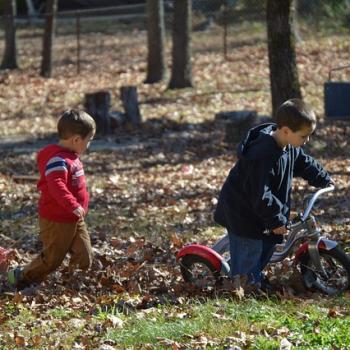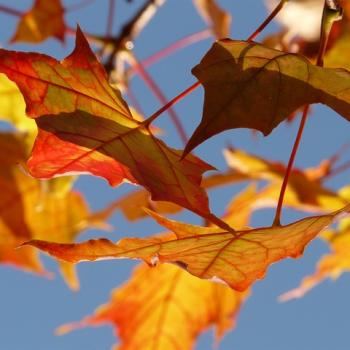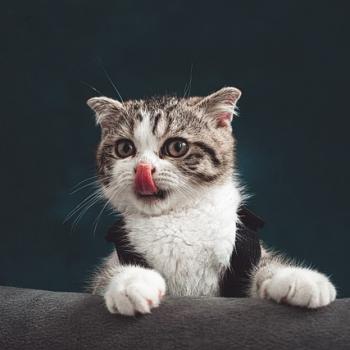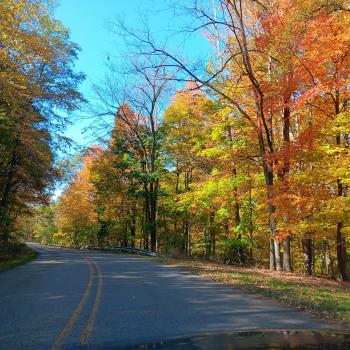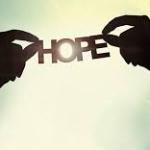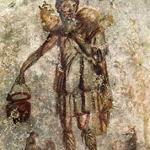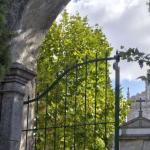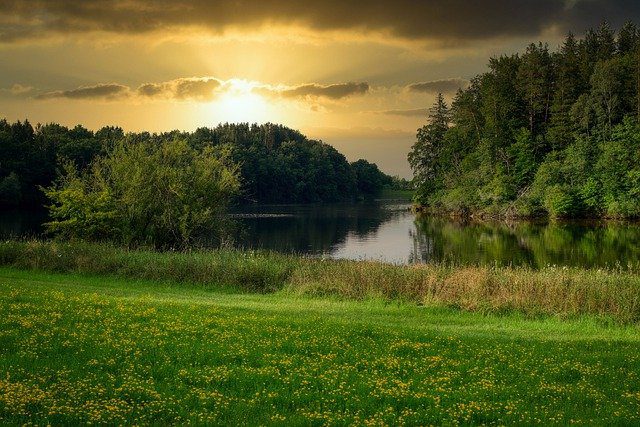
We went to the beach.
I wish I could tell you just how much wishing, prayer, longing and despair I’ve done, in the past fourteen years, about going to the beach– about going anywhere. I’ve been living in Steubenville without my own transportation for fifteen years– chronically ill, riding the bus, walking when my health allowed. This year we have a car.
I told Rosie we were going to a state park with a lake and a beach. Those are just words to her, something out of fairy tales. She likes to go hiking in the metro park and to watch nature documentaries about people going to the jungle, but she hasn’t been to a state park since she was a baby. She likes to go to the pool, but she hasn’t been swimming in a natural body of water, and even the pool was closed last year. I have been practicing and practicing in the Neighborhood Trolley, learning to signal-mirrors-over-the-shoulder-merge-left without panic, learning to go more than thirty miles an hour without feeling like the car will hit a wall. I was finally ready for my first trip partly on the freeway and across state lines. So we packed a picnic, and went to the beach.
I went up the on-ramp, talking to myself. “You’re safe. This is normal. Normal people do this. You’re not going to get run over, just stay in your lane.” I crossed the great big suspension bridge that a friend used to call “the mercy bridge,” and then I was in West Virginia. Next thing I knew I was going down the off-ramp, because freeways are terrifying, and I’d decided to drive most of the way on the Steubenville Pike instead. To get to the Steubenville Pike, you have to drive through downtown Weirton.
Downtown Weirton is ugly, uglier than even Steubenville. Most of it is taken up by a gigantic derelict steel mill that they’ve about half demolished and left the rest standing. There’s the West Virginia version of a red light district with several dubious “gentlemen’s clubs” with no windows next to a Tudor’s Biscuits and a Long John Silver– though many of those clubs seem to have closed in the pandemic. Noisy fracking trains are everywhere. None of the intersections are at right angles. It took two or three tries to get through it instead of looping back on myself and going through downtown again. Finally, I turned a corner and was not in Weirton anymore.
I was in Paris: the Paris they have in Pennsylvania, not the more famous one. Paris, France is known as the City of Light. I don’t know if Paris, Pennsylvania has a nickname. I was as relieved to be in Paris, Pennsylvania as I would have been to find myself in Europe, because Paris is a lot cleaner and nicer than Weirton. I was through it in a minute or two, out away from the valley, on a long ribbon of highway between wholesome-looking farmhouses.
Halfway through I stopped to ask for directions at a shop that said LIVE BAIT in big letters, next to a pot dispensary which promised to cure fibromyalgia. The clerk at LIVE BAIT didn’t speak in a scratchy, Steubenville bray. She spoke in a Pittsburgh accent and called me “yunz.” I drove in the direction she pointed, up through more farmland, and eventually into the woods where I was home.
Do you know what it’s like to feel at home?
Do you know what it’s like to raise a child nine years in an ugly, cruel place that can never be home, to tell her about state parks and lakes and going swimming in nature, to watch hours and hours of nature documentaries with her, and then to finally be able to show her all of that?
Except for the cemetery and the metro park, I haven’t been home in a forest since Rosie was a baby. Rosie has no memory of such a thing; she rolled down the window and sniffed the country air.
Everything was alive, just as I remembered.
There were hiking trails branching off from the road in so many places, but it was too hot to go hiking. It was too hot for anything but the lake. Many other people had gotten the same idea; there were picnic blankets and gaggles of happy children playing all along the artificial beach at one side of the lake. I told Rosie we’d go fishing and boating here next time, but for now there was nothing to do but swim, and we swam.
We swam for at least three hours. Rosie got in a water gun battle with a little girl her age as I swam laps. We dove to the bottom of the water to pick up shale rock, and I told Rosie how the Ohio Valley is made of shale and shale is made of the fossils of ancient creatures. Rosie walked on tiptoe out past the four-foot buoy, then clung to me as I swam to the five-foot. We stood in the water admiring the boats that scooted by.
And in between swims, we picnicked and looked at birds. I hadn’t seen a red-wing blackbird or a wild turkey in so long. I watched a flock of geese paddle on the green water, silent, and everything seemed all right.
We drove home as the sun sunk low, through wholesome-looking Pennsylvania and the ugly chimney of West Virginia, to ugly Steubenville. But it felt different.
It was as though I couldn’t hear the gate to my prison clanging shut behind me.
We can go back to the woods whenever we want.
We’re not trapped anymore.








